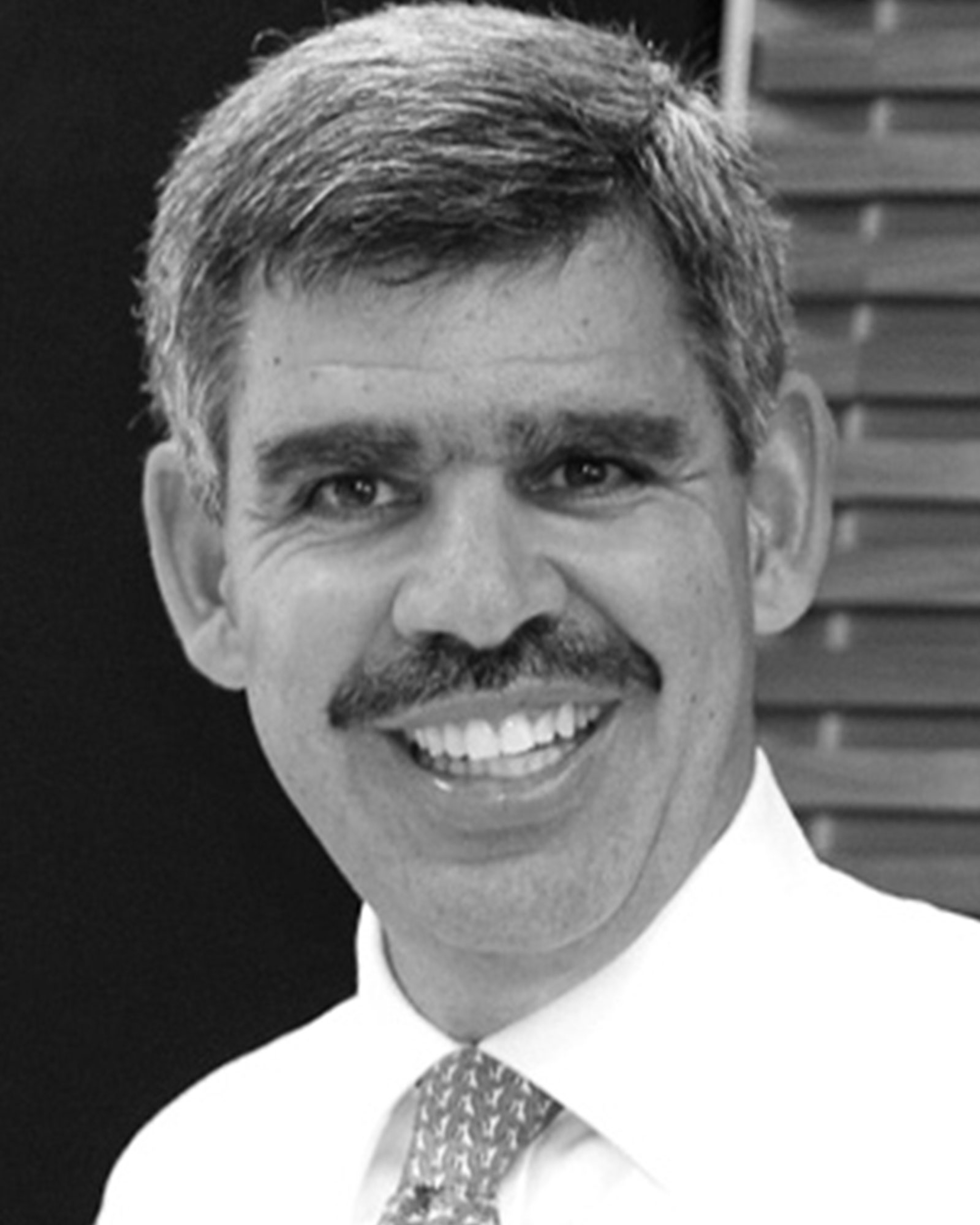Mohamed A. El-Erian

Mohamed A. El-Erian is the President of Queens’ College Cambridge and the former CEO of PIMCO. He serves as the Chief Economic Adviser of Allianz, Chair of Gramercy and Professor of Practice at the Wharton School (University of Pennsylvania). The author of two New York Times best-selling books, he publishes widely on international economics, including weekly Bloomberg columns, a monthly column in Project Syndicate and as contributing editor to the Financial Times. He was ranked among Foreign Policy’s “Top 100 Global Thinkers” four years in a row. Before joining PIMCO, El-Erian spent 15 years at the International Monetary Fund and served as Managing Director at Salomon Smith Barney/Citigroup and President and CEO of Harvard Management Company. He is a board member of the National Bureau for Economic Research, Barclays, and UnderArmour (Lead Independent Director). He served as Chair of the Microsoft Investment Advisory Committee from 2006 to 2022. Dr. El-Erian received a B.A. and an M.A. from Cambridge University, and an M.Phil and Ph.D. from Oxford University.
El-Erian was previously a member of the 21st Century Council, Council for the Future of Europe, and The WorldPost Advisory Council.
